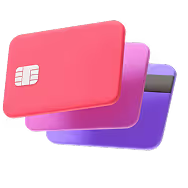
Unlock exclusive benefits like cashback rewards, zero annual fees, air miles, installment deals, and more. Whether you're after travel perks, everyday savings, or premium lifestyle privileges, there’s a perfect card for you.
Compare top credit card offers from leading Philippine banks — all in one place!
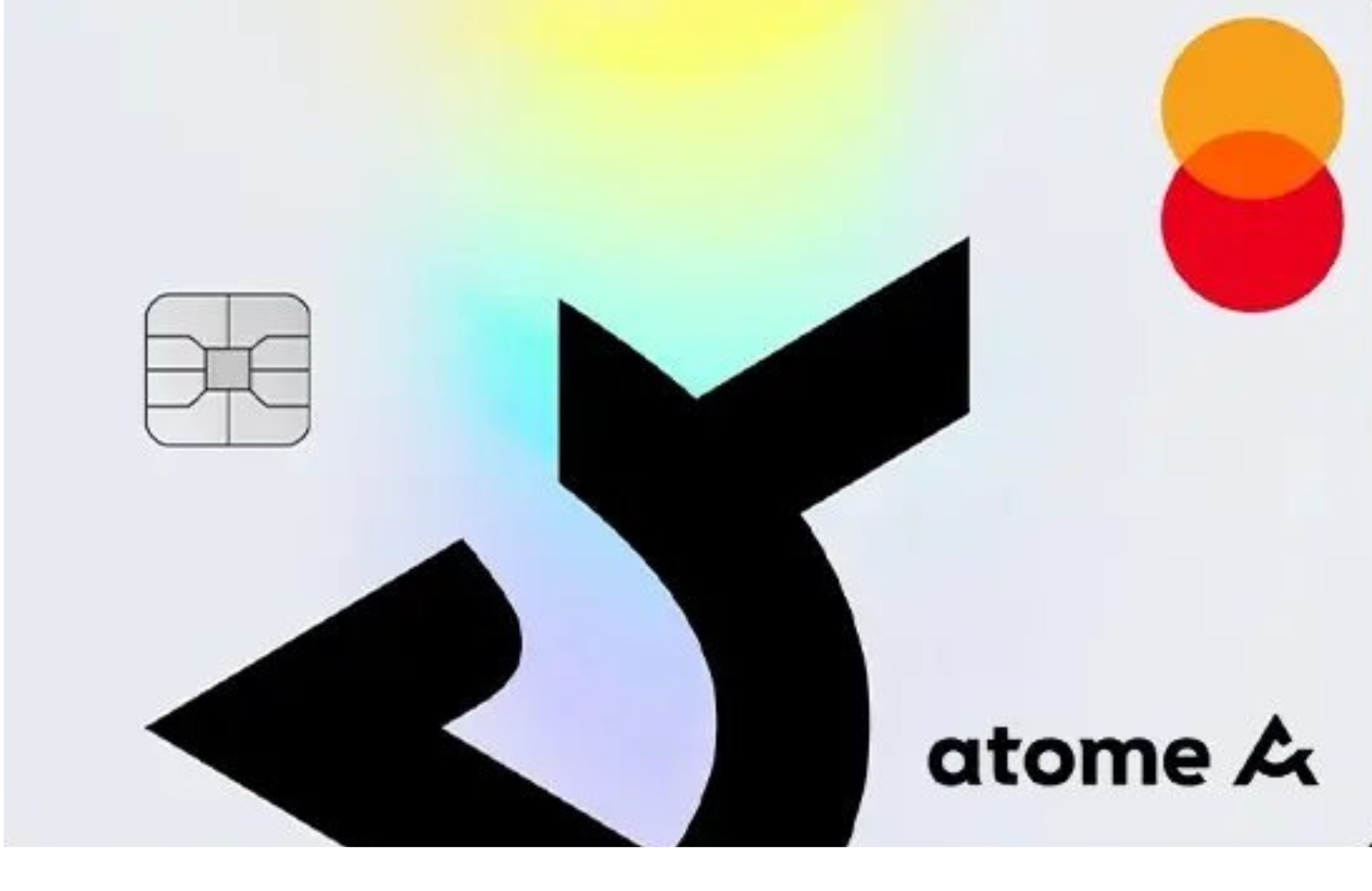



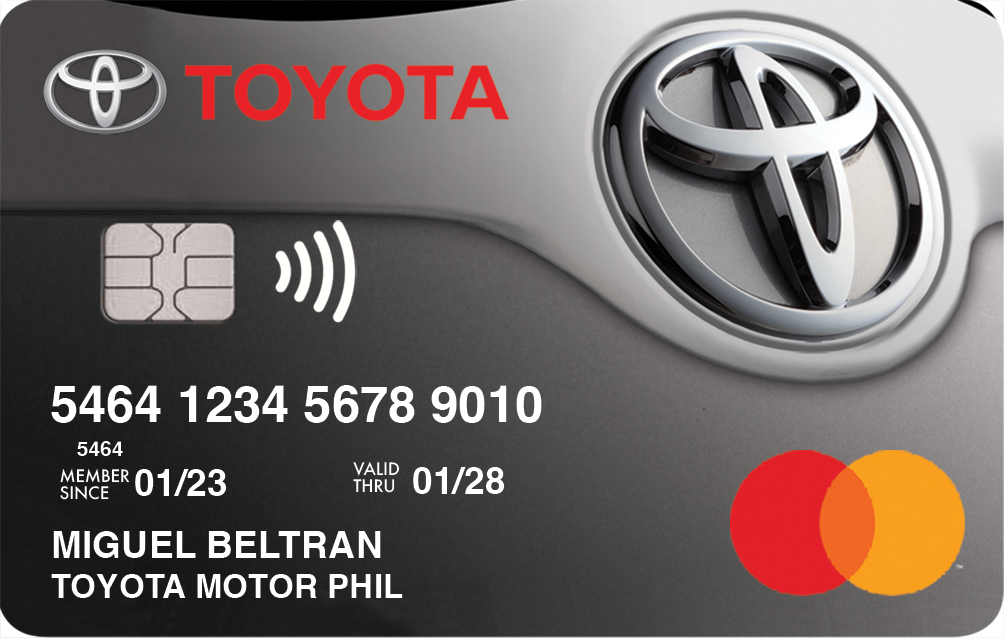

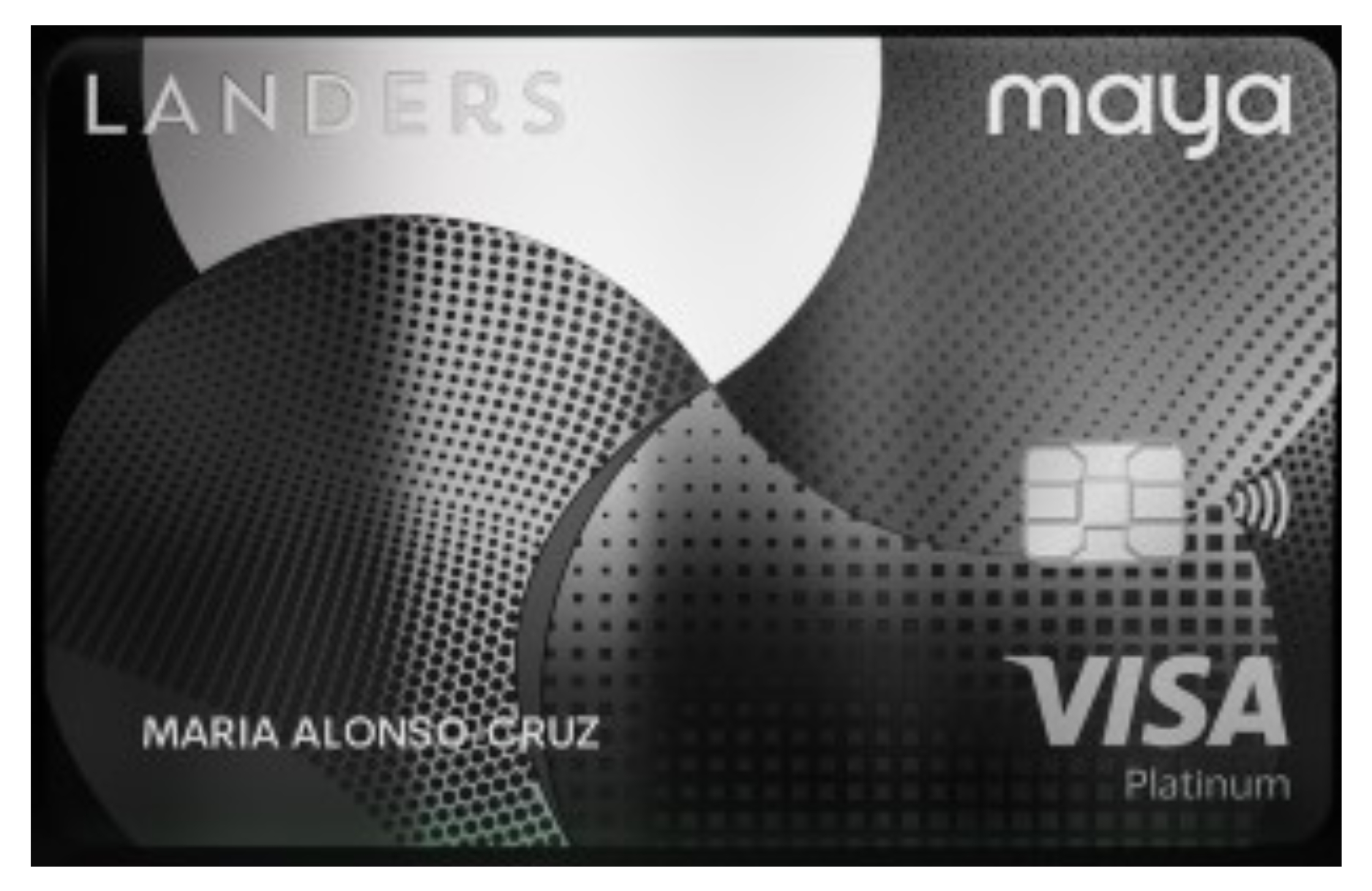

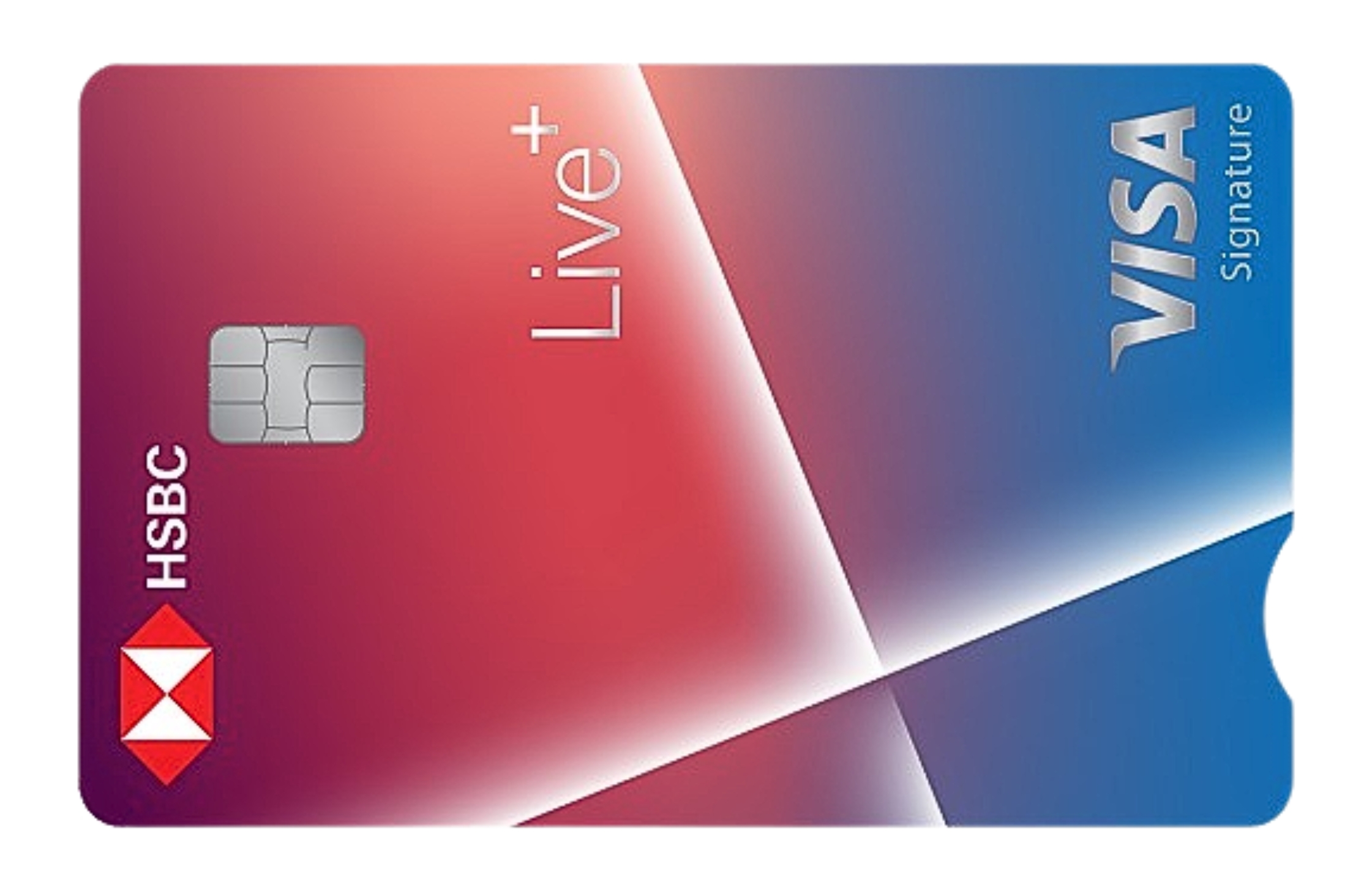
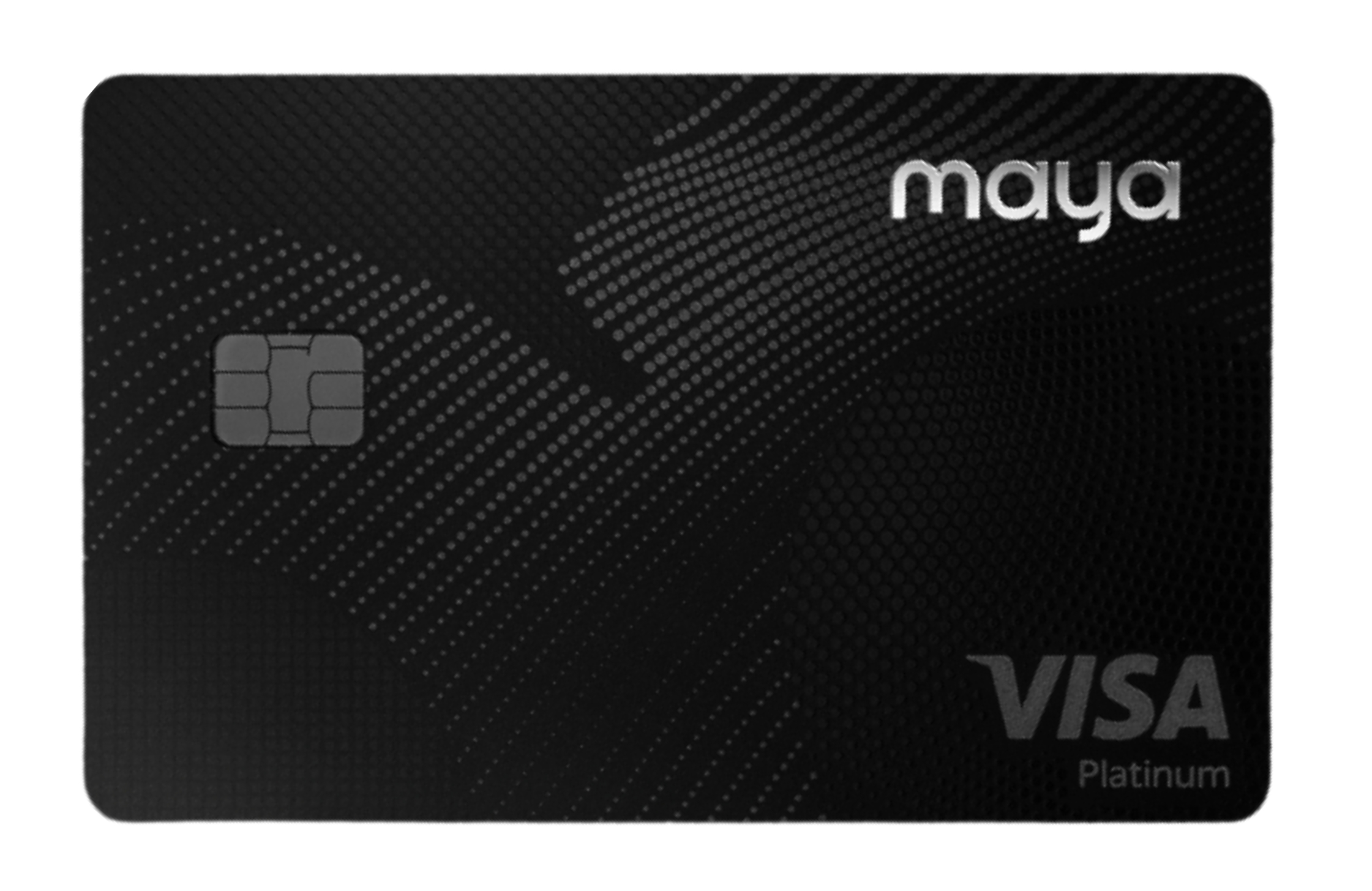
Don’t worry—Finmerkado’s here to make credit card shopping easy.
The "best" credit card varies based on individual needs. However, UnionBank offers several top-tier options:
Other notable credit cards in the Philippines include:
Required Documents:
Getting a credit card can be a straightforward process if you follow these steps:
Remember, responsible credit card usage includes paying your balance on time and staying within your credit limit to maintain a healthy credit score.
When selecting a credit card, consider the following:
For instance, if you frequently shop for groceries, the UnionBank Cash Back Visa Platinum offers up to 6% cashback on such purchases.
UnionBank stands out for its diverse credit card offerings, catering to various lifestyles:
Other banks with commendable credit card options include:
In the Philippines, credit cards are generally categorized into:
Credit limits in the Philippines vary based on the cardholder's income and credit history. Premium credit cards can offer limits ranging from ₱200,000 to ₱1,000,000. Some users have reported limits as high as ₱5 million, though such cases are exceptional and depend on individual circumstances.
Top credit card choices in the Philippines include:
The Philippines offers a wide range of credit cards to suit various needs:
Different credit card kinds in the Philippines serve a range of lifestyles and financial requirements. Here is a list of credit card types you can own:
When choosing the right credit card provider, the key question most users ask is, "Is the application process straightforward?" In addition to the basic requirements for personal loan applications in the Philippines, such as age, ID, and contact details, many banks also assess employment status, income, and credit history to determine approval. Below are the top banks that offer the best credit card for beginners in the Philippines:
Borrowing money or using a credit card both entail borrowing funds from a financial institution to cover your expenses. When faced with the choice between borrowing money and wielding a credit card, it's essential to note the pros and cons of these financial avenues and conduct a thorough comparison before making your financial decision!
Credit card
Advantages:
Diverse types of cards: Credit cards present many options for consumers, ranging from cashback and reward credit card to co-branded credit card cards, along with the option to explore additional card offerings.
Enjoy a 25-day interest-free window: Currently, most credit cards apply an interest-free policy up to 25 days, offering card holders the freedom to make purchases within this timeframe without the looming concern of interest accrual.
Many accompanying benefits: Cash back rewards, no annual fee for the first year, incentives for accumulating air miles, discounts when shopping, and even the prospect of card upgrades for travel flying are the benefits users enjoy when using credit cards.
Disadvantages
Higher interest rates: Credit cards often have higher interest rates than personal loans. If you don't pay your entire monthly balance, you will have to pay high interest rates on the remaining amount. If you don't manage debt carefully, it can lead to debt accumulating.
Costs and expenses: Credit cards can come with a variety of fees, including annual fees, overage fees, and fees related to international transactions. Failing to handle these costs can create financial pressure if not managed carefully.
Personal loan
Advantages
Streamlined application process: To apply for personal loan in the Philippines, borrowers only need to meet some basic requirements, in terms of age criteria, income requirements, Government-issued ID, residency and a mobile phone number.
No collateral required: Almost all personal loans are unsecured, or, negating the necessity for borrowers to furnish collateral, such as real estate or vehicles.
Fast approval: Many banks and financial institutions in the Philippines offer quick approval processes for personal loans. This can be especially advantageous when borrowers need funds urgently, in terms of medical emergencies or unexpected expenses.
Disadvantages
Lack of flexibility: When you secure a personal loan and receive the lump sum, you cannot borrow more until the loan is paid off.
Interest on the entire amount: With a personal loan, you pay interest on the entire loan amount from the beginning, while with a credit card, you only pay interest on the outstanding balance.
Simplify your credit card search by using Finmerkado to compare various options from different providers and products.
Review the eligibility criteria for a credit card. Select the credit card that aligns with your preferences and needs.
Complete the credit card application form provided by your chosen card provider. Make sure to provide accurate and up-to-date information.
Provide essential information such as your age, income and employment.
If your application is approved, expect notification, and your credit card could be settled in around a week or more. Remember to pay the bill on time.